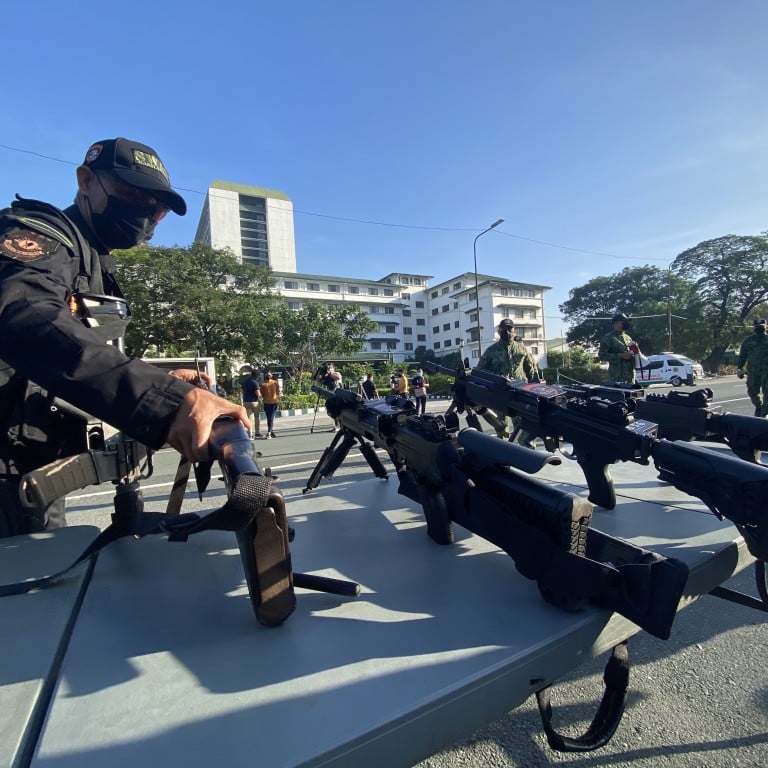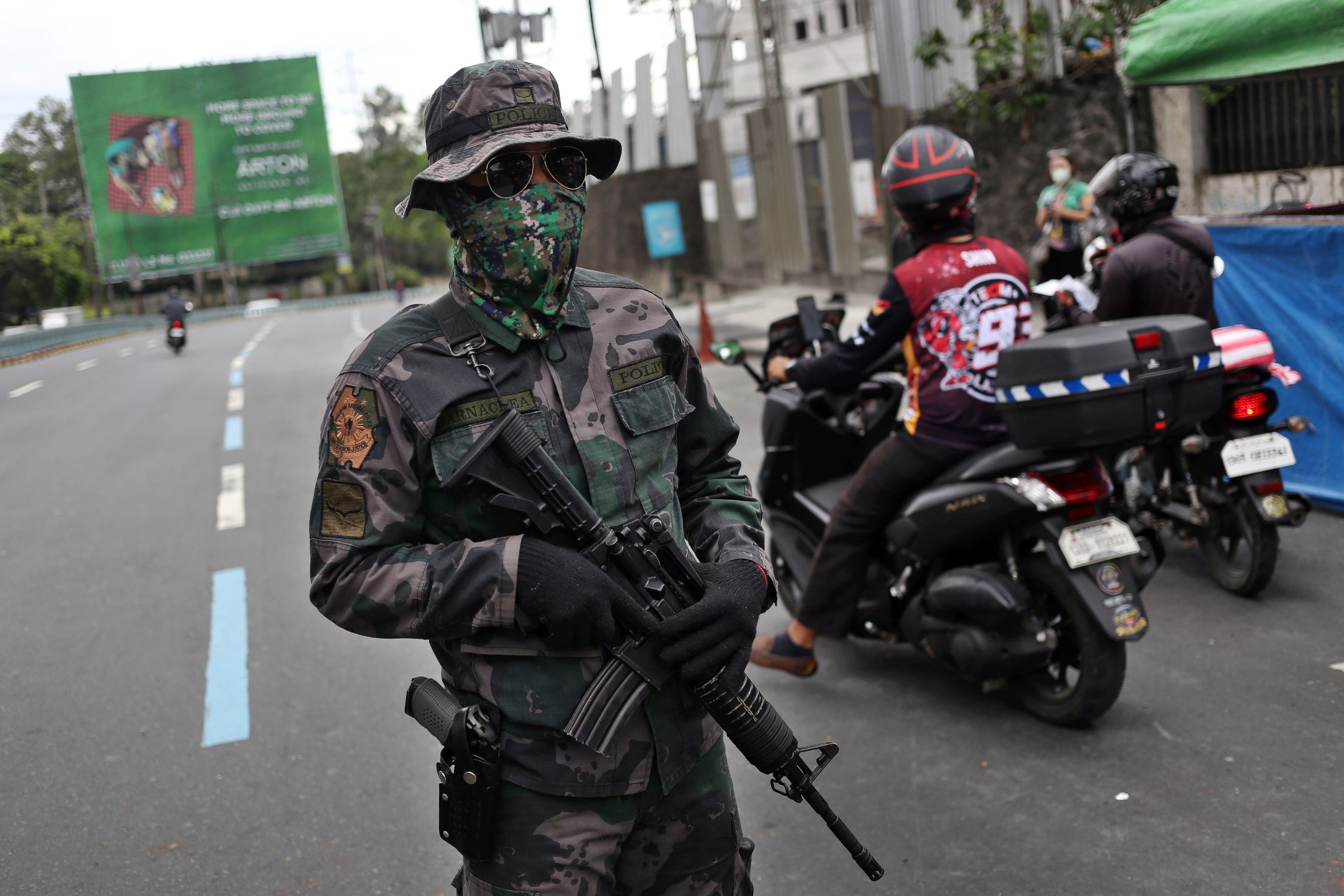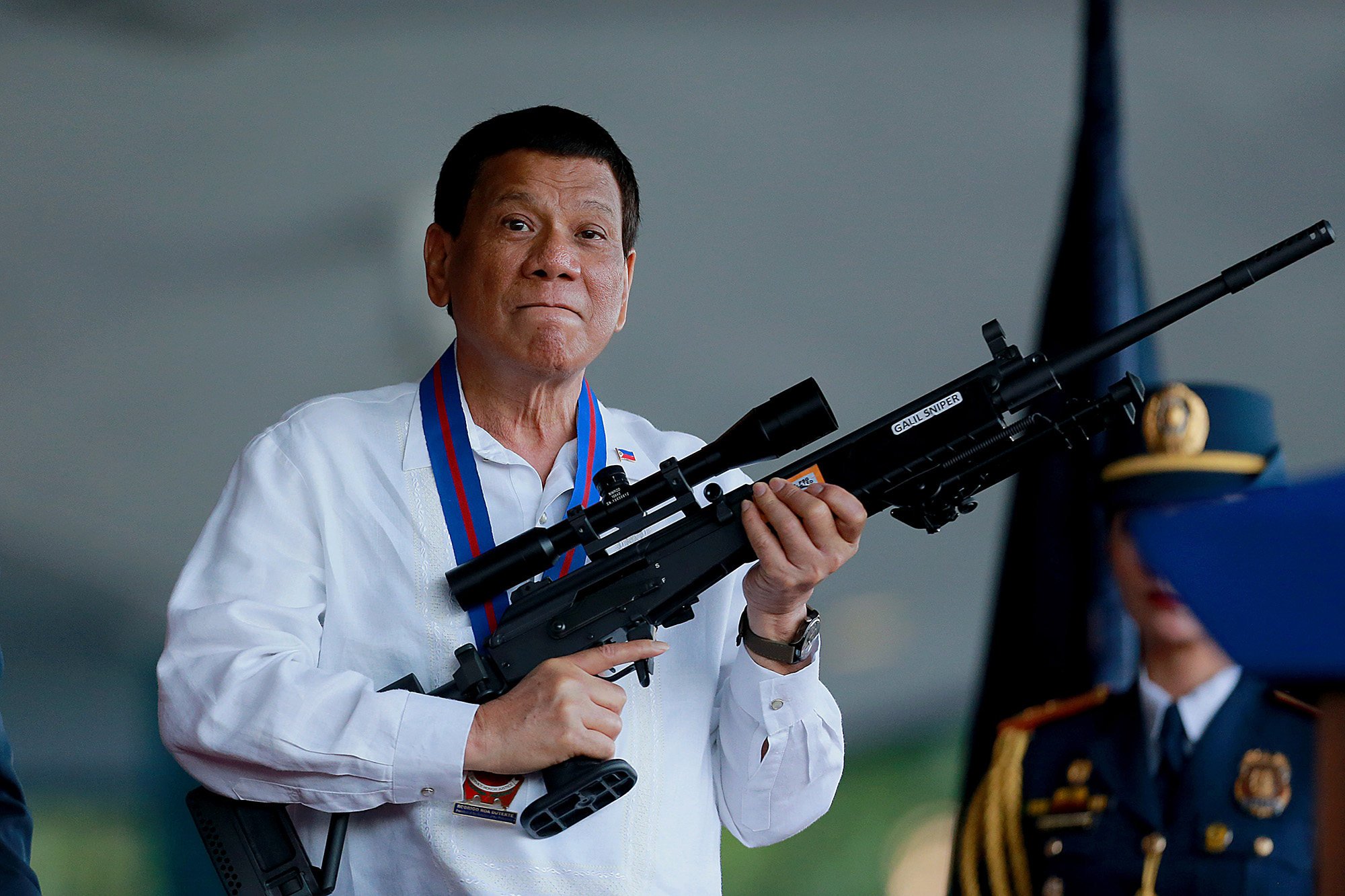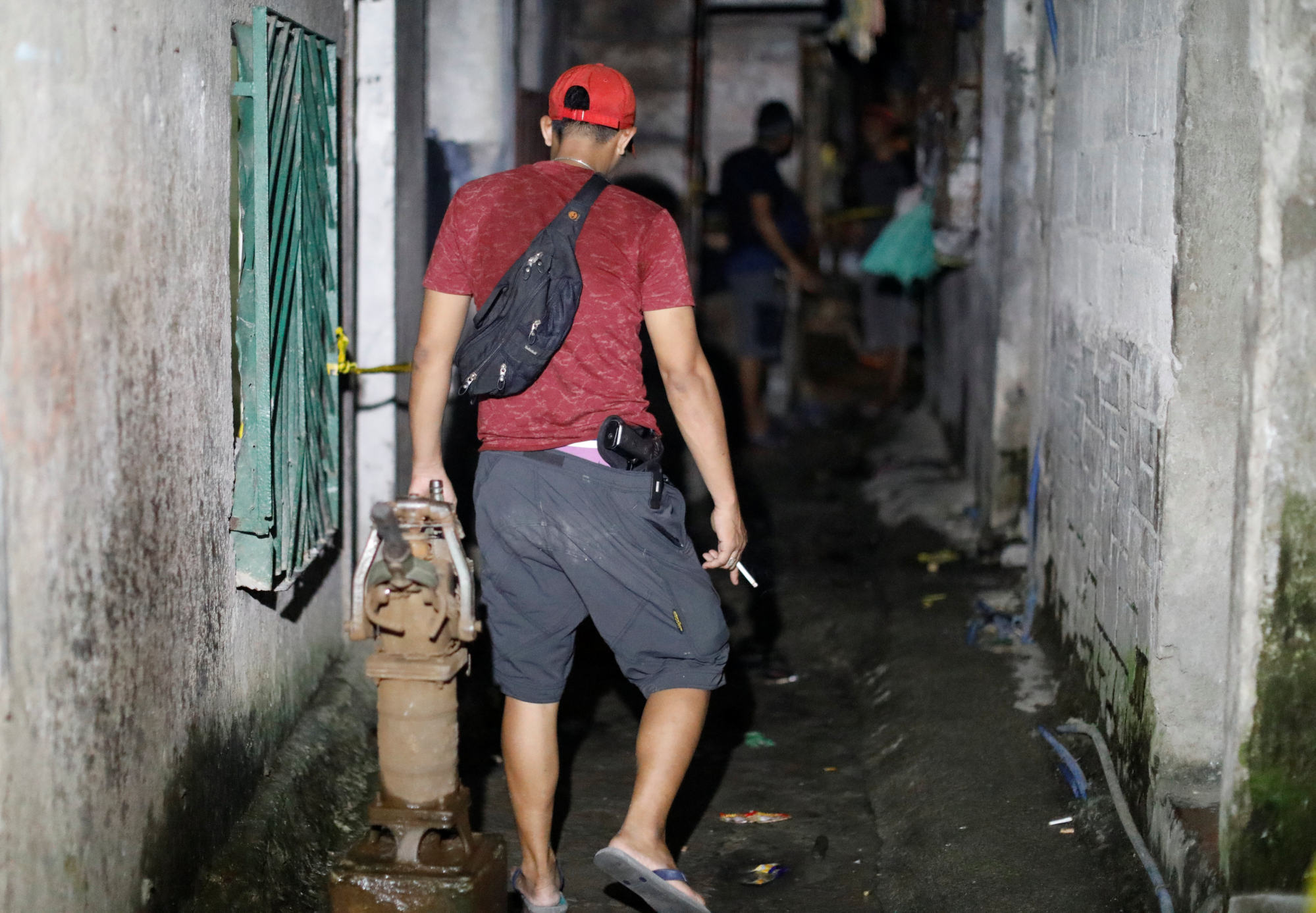
Will the Philippines see more gun violence with civilians soon allowed to own semi-automatic rifles?
- The nation’s police group made amendments to a law to allow civilian gun holders to own semi-automatic weapons
- Critics fear politicians and businessmen may abuse new, relaxed gun rules, emboldening private armies and militias
The amendments made to the Philippines’ Comprehensive Firearms and Ammunition Regulation Act, based on recommendations by a national police technical working group, would permit Filipinos to acquire gun licences for semi-automatic rifles with a calibre of 7.62mm or lower, police spokesperson Col. Jean Fajardo said on Monday.
The United Nations Office on Drugs and Crimes (UNODC) defines semi-automatic firearms as those that can “[fire] a single round for every depression of the trigger, and automatically cycles with each trigger pull”.
Fajardo clarified that separate licences would be needed to transport such firearms or carry them outdoors, even if one has a licence for ownership. The amendments were sent to the University of the Philippines Law Center and will take effect after 15 days.

The announcement by the Philippine police drew criticism from some lawmakers and anti-gun advocates, who argued that it could exacerbate gun-related violence in the Philippines.
“The Philippine National Police is shooting itself in the foot and compromising law enforcement efficiency and, above all, public safety,” she said.
The senator has also filed a resolution seeking to probe the “propriety of allowing civilians to own semi-automatic rifles” with the goal of stopping the implementing of the new regulations.
Philippines vows ‘no mercy’ against suspects in murder of Chinese nationals

News of gun-related violence is especially high during election season in the Philippines, often motivated by competing political and business interests, with attacks usually carried on political rivals, poll watchers, or journalists.
In March, a sitting governor of Negros Oriental province was assassinated by uniformed men with long firearms, an incident that left 10 civilians dead. Police filed murder charges against his political opponent, a congressman of the same province, who fled the country before the killing.
Opposition senator Risa Hontiveros said allowing citizens to own semi-automatic rifles was a move in the wrong direction when the country should be enacting stricter gun controls.
In a statement, she warned that the new law enables certain individuals with power or influence to own enough high-powered weapons to form private armies or militias.
“No civilian should be able to perform shopping sprees on hundreds of guns. Do we simply call someone with enough weapons for a militia or a private army a mere collector?
“We should not allow anyone, especially politicians, business persons and their personnel, to own so many guns. We must fix our gun laws, and stop the rise of political killings and warlordism in our country,” Hontiveros said.
The country’s firearm regulations require gun owners to apply for licences to carry firearms. Applicants must be Filipino citizens, at least 21 years old, and should comply with requirements such as drug and psychiatric tests, police and court clearances, income tax returns, as well as training on gun safety and responsible gun ownership.
The number of firearms an individual may own depends on the type of licence – one allows a civilian to own up to 15 firearms, while certified gun collectors may own more.
Brutal murder of farmers in Philippines changed this artist duo’s perspective
Police officers and pro-gun advocates argue that the stringent requirements in applying for gun licences should ensure gun safety and responsible gun ownership.
Senate President Juan Miguel Zubiri, a collector of guns, said he was in favour of allowing civilians to own semi-automatic rifles as long as they were responsible gun owners.
“I’d be a hypocrite if I would say that I don’t like it because I also have a long-arm. As a gun owner, I believe in responsible gun ownership,” Zubiri said on Wednesday. “The Philippine National Police should try hard in scrutinising applicants of gun licences and selling guns to them.”
But critics say there are ways around existing regulations. Fixers that help licence applicants cut corners in the registration process are rampant, and so is the sheer proliferation of illegally owned firearms.
While police have confirmed that there are about 1.19 million licensed firearms holders in the Philippines, the estimate of guns, registered and otherwise, is much higher, with global peacebuilding charity International Alert placing the number at nearly 4 million.

Norman Cabrera, president of the Gunless Society of the Philippines, said the distribution of illegal firearms in the country was an offshoot of the country’s existing laws, which were full of holes due to systemic corruption.
Cabrera urged the government to consider restricting ownership to two firearms and prohibiting the carrying of guns outside homes as curbing measures.
“Disincentives like stiffer penalties should serve as restraints to anyone committing or planning to commit illegal acts … [also], a policy to not treat guns as a commercial commodity and where government becomes the sole importer and trader of guns [is essential],” he told This Week in Asia.
The anti-gun advocate also questioned pro-gun citizens’ claims that owning and carrying guns helps improve peace and order.


